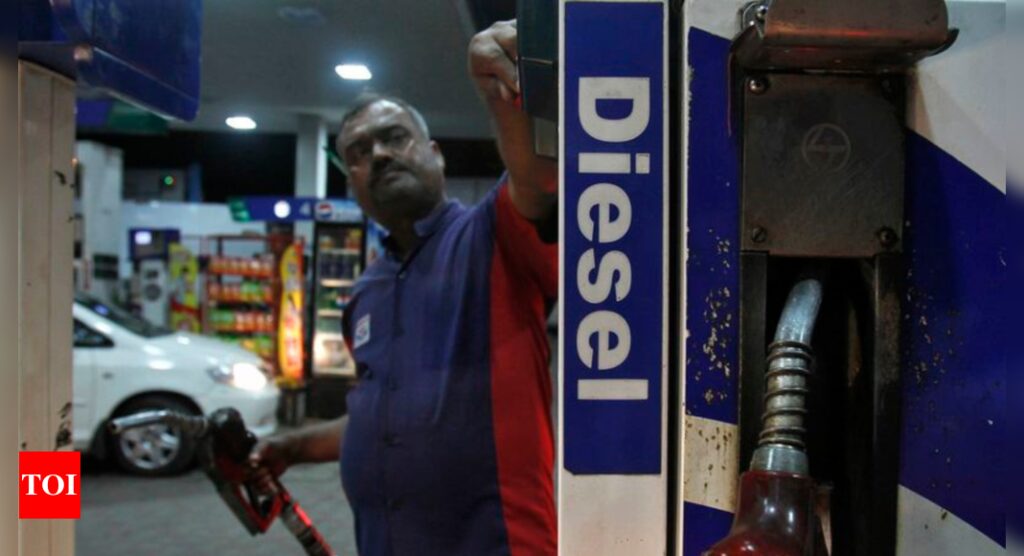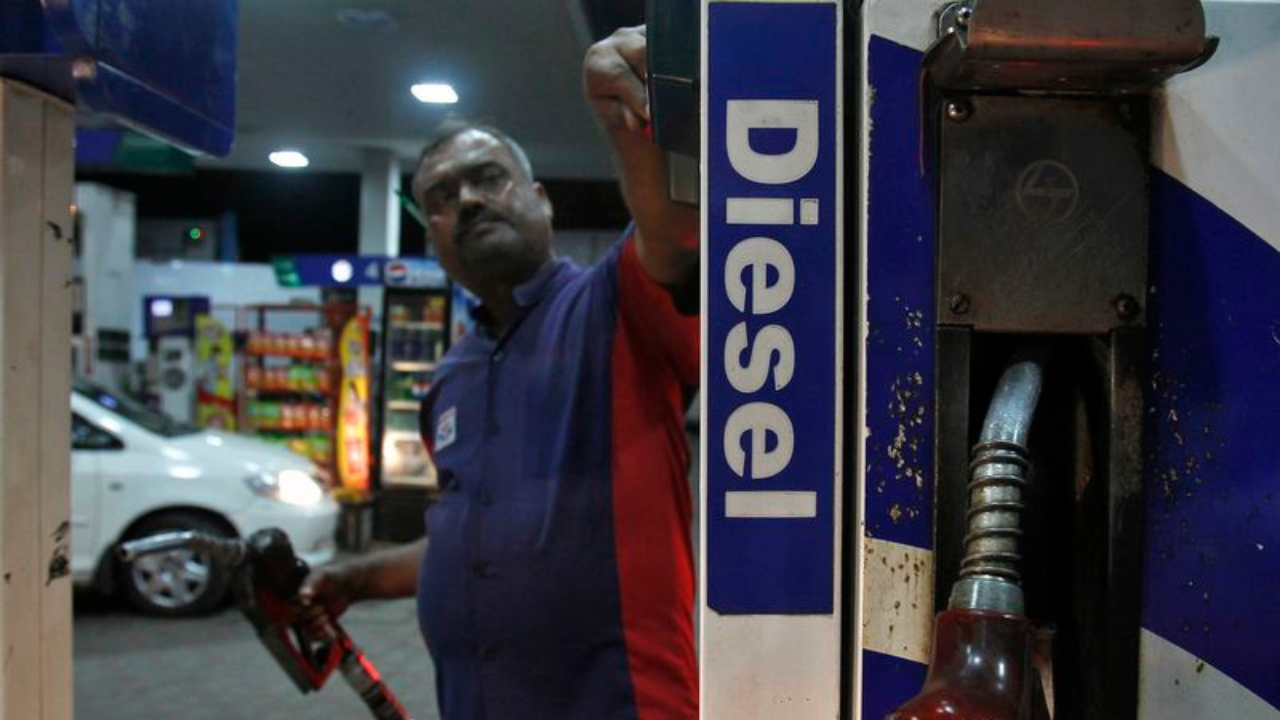[ad_1]
NEW DELHI: Road transport and highways minister Nitin Gadkari may be making a case to tax diesel cars more as he pitches relatively greener technologies, but a look at the industry’s numbers shows that diesel has already lost sway with buyers.
According to data sourced by TOI for April-August 2023 period, the share of diesels has come down to 0.5% for passenger cars and zero for sedans as consumers opted for petrols, CNGs, and to a very small degree for hybrids and electrics. Although diesel models amount to 33% of sales for SUVs, their share has come down from 97% in 2013-14.
Diesels, which once ruled the roost in the Indian passenger vehicle market due to higher fuel efficiency and better torque, have been on a downward spiral over the past decade, following adverse action by courts, regulators, and even tax authorities, who have blamed it for growing pollution across many cities. While the government has stipulated strict norms for emissions from diesel engines, including in BS6 guidelines, these vehicles have been ordered to have a 10-year lifespan in the Delhi-NCR region even as other vehicles enjoy 15 years.
Shashank Srivastava, director (sales & marketing) at Maruti Suzuki, said the company was among the first ones to have spotted the trend of declining diesel demand, and thus halt production. “Today, petrols, hybrids, and CNGs are much more practical and preferred by car owners. CNG has been growing rapidly and we see it as the diesel alternative for buyers.” For Maruti, the share of CNGs to its total sales is 25% at present, and has been growing fast.
However, many companies who have diesels in their portfolio say it is still useful for their sales, especially SUVs. “As we see it, demand remains strong for our diesels. Consider this: if waiting on our petrols is around four weeks, that on diesels is 10-12 weeks,” Tarun Garg, COO of Hyundai in India, said. “In Creta, 42% of total sales are through diesel, and the same is 66% for Alcazar, 61% for Tucson, and 21% for Venue. We will continue to have diesel in our portfolio and get more cars.”
Santosh Iyer, MD of Mercedes-Benz India, said sales of diesels is around 55% in the company’s portfolio. “We still get significant demand for diesel and will continue to have them, even as we gradually transition to electrics, which are currently 5% of our sales.”
According to data sourced by TOI for April-August 2023 period, the share of diesels has come down to 0.5% for passenger cars and zero for sedans as consumers opted for petrols, CNGs, and to a very small degree for hybrids and electrics. Although diesel models amount to 33% of sales for SUVs, their share has come down from 97% in 2013-14.
Diesels, which once ruled the roost in the Indian passenger vehicle market due to higher fuel efficiency and better torque, have been on a downward spiral over the past decade, following adverse action by courts, regulators, and even tax authorities, who have blamed it for growing pollution across many cities. While the government has stipulated strict norms for emissions from diesel engines, including in BS6 guidelines, these vehicles have been ordered to have a 10-year lifespan in the Delhi-NCR region even as other vehicles enjoy 15 years.
Shashank Srivastava, director (sales & marketing) at Maruti Suzuki, said the company was among the first ones to have spotted the trend of declining diesel demand, and thus halt production. “Today, petrols, hybrids, and CNGs are much more practical and preferred by car owners. CNG has been growing rapidly and we see it as the diesel alternative for buyers.” For Maruti, the share of CNGs to its total sales is 25% at present, and has been growing fast.
However, many companies who have diesels in their portfolio say it is still useful for their sales, especially SUVs. “As we see it, demand remains strong for our diesels. Consider this: if waiting on our petrols is around four weeks, that on diesels is 10-12 weeks,” Tarun Garg, COO of Hyundai in India, said. “In Creta, 42% of total sales are through diesel, and the same is 66% for Alcazar, 61% for Tucson, and 21% for Venue. We will continue to have diesel in our portfolio and get more cars.”
Santosh Iyer, MD of Mercedes-Benz India, said sales of diesels is around 55% in the company’s portfolio. “We still get significant demand for diesel and will continue to have them, even as we gradually transition to electrics, which are currently 5% of our sales.”
[ad_2]
Source link











More Stories
India’S Growth Forecast: S&P ups India’s FY’24 growth forecast to 6.4% on robust domestic momentum
India to remain fastest-growing major economy, but demand uneven: Poll
Jack Ma: Jack Ma gets back into business with ‘Ma’s Kitchen Food’